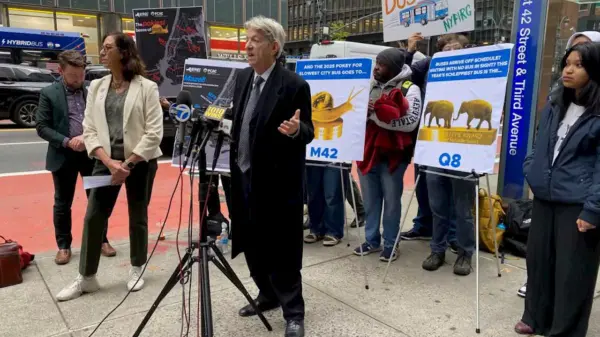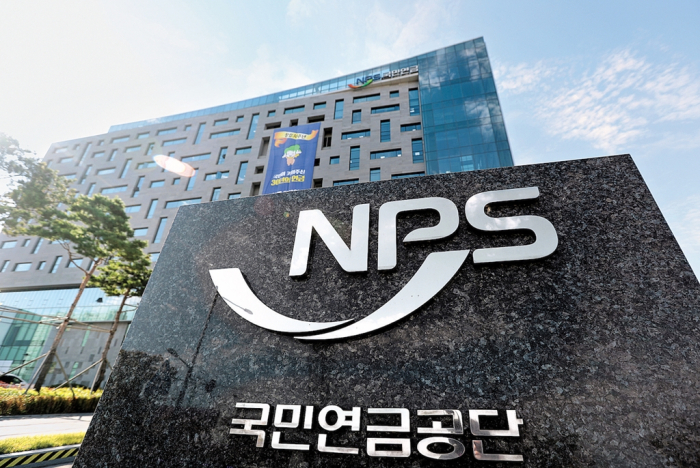The National Pension Service (NPS), South Korea’s largest institutional investor, is poised to achieve a remarkable third consecutive year of strong performance, posting returns exceeding 11% through September. This impressive figure results from a significant rally in the stock market, according to information from the investment banking sector. The return represents an increase of nearly 2 percentage points compared to the same period last year. In 2024, the NPS recorded an all-time high return of 15%, largely driven by gains in the US stock market and alternative investments, following a previous record of 13.59% in 2023.
The NPS is set to release its official third-quarter return figures in November, but early indicators show a substantial rebound in Korean equities since President Lee Jae Myung took office in June. He has made commitments to restore investor confidence and enhance the value of domestic shares. The benchmark Kospi index has achieved record highs this month, largely propelled by gains in major sectors such as semiconductor manufacturing, battery production, and digital platform companies.
As of the third quarter, the NPS’s investments in Korean equities yielded returns of over 30%, a stark contrast to less than 1% a year earlier. Additionally, international stocks have shown steady performance, particularly from US technology and consumer sectors. The NPS’s alternative investment portfolio, which includes real estate, infrastructure, and private equity, also rebounded in the second half of the year after earlier losses. Recoveries in key properties located in San Francisco, London, and Hong Kong were instrumental in mitigating potential losses that could have reached 2 trillion won (approximately $1.4 billion), according to industry officials.
Strategic Asset Allocation and Political Pressures
Despite these strong financial returns, the NPS faces scrutiny for its strategy of gradually reducing domestic equity exposure. Under a five-year asset allocation plan approved last year, the NPS intends to decrease its allocation to Korean stocks from 15.4% last year to 14.9% this year, with a target of 13% by 2029. This shift is accompanied by a greater focus on international markets.
President Lee has criticized this approach, urging pension funds, including the NPS, to take a more active role in supporting local equities. According to one investment banking official, “Political pressure to use pension assets as a short-term tool to prop up Korean stocks is only going to intensify.” Nonetheless, the NPS remains committed to adhering to its mid- to long-term asset allocation strategy. Another official noted, “The question is whether the short-term rally-driven gains can last.”
As of the end of June 2025, the NPS managed over 1,267 trillion won (around $907.8 billion) in assets. Its portfolio composition included 35.2% in global equities (approximately 446.5 trillion won), 25.9% in domestic bonds, 16.3% in alternative investments, 14.9% in domestic equities, and 7.1% in overseas fixed income.
The NPS’s ongoing performance and strategy will be closely monitored as the dynamics of the Korean stock market evolve and as political pressures shape investment decisions in the coming months.







































































